Habit - A Proven Tool for Success
Work-Life Balance: Part 2 of 5
Written by Karyn Patterson
Habit - A Proven Tool for Success
I want to talk about habits, and why you should care. As a writer, or anyone in the content creation field, a habit can either make or break your success. One of the biggest hurdles with finding your “balance” is to know when to start and when to quit a habit.
Easier said than done, right? Developing new and good habits are hard, and harder still to quit bad ones.
But it’s worth the effort, because habits are like a magic key. If you can develop a new habit and stick to it, something that was once difficult becomes easy, and you have managed to do what most people never will—increase your productivity and become exponentially better.
But if a habit is a “magic key” to success, why doesn’t everyone utilize it? Here’s why: When things get tough, we want to run to our comfort zone. Our brains are literally wired to go back to the known path.
I hope instead of frustrating you, this understanding will help you take a deep breath and realize why it’s so hard. You’re fighting a real battle. But armed with knowledge, you might realize there’s hope, and you can win this war.
Someone influential once described developing habits to me in a visual way that was more helpful than anything I’d learned previously.
So, allow me to share her story.
You just moved to a cabin in the mountains, and it’s winter. You’re out gathering firewood when you notice a well-worn sledding hill among the trees and brush.
You set down your stack of wood, pick up the old, sturdy sled, and perch it at the top of the hill. You gather up your courage, get the sled in position, and sail down.
The wind pleasantly rushes your face, and the smell of pine is strong. You pick up your sled to have another go. You ride, over and over, having a blast.
Many would be content sledding on that hill forever. But say you’re different. You have a strong sense of adventure. After a few months of the same hill, you look around and realize there’s a world of possibility around you.
The mountain is a little steeper over here, you think, peering another direction. You could add even bigger twists and turns, maybe some exciting drops.
Forging a new path through powder that’s not smooth will take some work, not to mention removing rocks and dead brush along the way. Plus, after building it, you’ll have to sled down it many times to even begin to reach the sleekness of the other path.
When she finished her analogy, she had some questions for me.
“So After long hours of work creating this new path with no immediate payoff, what happens?”
I shrugged. “You could get discouraged?”
“Which is the easier path?”
“The one that’s already there.”
“What do you think most people will do?”
“Probably take the easy path.”
“At least for a while, right? Hopeful as you are, you get tired, and it isn’t as much fun as just cruising along. You want a better path eventually, but you think, I’ll just take a break, for now. I’ll take this old path a few more times. Pretty soon, though, that’s all you’re doing. Once in a while, you remember your grand vision about the path you wanted to create—but now, when you look over on that side of the hill, the path you tried to build is buried under piles of new powder.”
I liked her analogy. It made sense to me, and for some reason, having that visual in my mind whenever I wanted to go back to my comfort zone gave me the strength to push on—if I determined it was the right path for me (more on that in a future post).
In the beginning, developing a habit is a lot of work. But if you forge through and recommit every day or week, it will eventually become routine.
And I have a secret for you. Are you ready? Habits are easy. With practice, the new wiring becomes your autopilot, and your brain can take the “lazy” route (which it wanted to do anyway).
Even better, the more new habits you make, the easier it becomes to make them and stay committed.
“Two roads diverged in a wood and I - I took the one less traveled by, and that has made all the difference.” –Robert Frost
